During Tet, coconut jam, pumpkin jam, apple jam, etc. are always present on the guest table. However, some types may not be good for health, especially for the elderly and people with chronic diseases.
Risk of liver and kidney damage when eating too much
According to Master - Doctor Le Ngo Minh Nhu, University of Medicine and Pharmacy Hospital, Ho Chi Minh City - Branch 3, dried or pickled fruit jams, such as tamarind jam and star fruit jam, often contain many additives and preservatives, which are not good for the health of users. "These chemicals can damage the liver and kidneys, so be careful if consumed in large quantities and for a long time. At the same time, the sour taste of these jams can increase stomach acid, which is not good for people with stomach diseases. A group of fried or greasy jams such as fried sweet potato jam or fried banana jam also contain a lot of saturated fat, which increases bad cholesterol (LDL) and causes indigestion, which is bad for the cardiovascular system of the elderly. Eating jams that are too sweet or have a lot of salt, such as salted apricot jam, can also increase blood pressure," said Doctor Nhu.

Tet jams often contain a lot of sugar, affecting blood sugar and blood pressure, not good for people with underlying diseases and pregnant women.
Although jam is a food containing nutritional ingredients such as starch, protein, organic acids, vitamins and minerals, and antioxidants, it still has many harmful effects on health:
Sugar is used not only to increase sweetness but also to preserve jam longer; therefore, consuming a lot of sugar increases the risk of unstable blood sugar, which is very dangerous for people with diabetes. For the elderly, high sugar intake also increases the risk of obesity, dyslipidemia and atherosclerosis.
Some jams contain a lot of beta carotene or vitamins A, C such as tomato jam, carrot jam, apple jam, plum jam, kiwi jam… will be decomposed by temperature. Processing jam for too long will lose the effect of vitamin groups.
Jam does not provide enough nutrients, especially vitamins and minerals for the body compared to fresh jam, so it is not good for the elderly, children and pregnant women during pregnancy; should not be eaten in large quantities or replaced with other foods.
Eating a lot of jam can easily cause bloating and reduce hunger, limiting appetite in main meals.

When making jam at home, reduce the amount of sugar or use safe sweeteners.
Healthy jams are recommended as an alternative.
If viewed from the perspective of nutrition or traditional medicine, jams made from vegetables and tubers such as sweet potatoes, ginger, peaches, pears, tamarinds, plums, kumquats, apples, strawberries, etc. have different effects. Ginger jam warms the spleen and stomach, prevents vomiting, and cures coughs; kumquat jam helps cool the body, stimulates digestion, loosens phlegm, and prevents vomiting; lotus jam calms the nerves and reduces stress, etc.
Choosing the type of jam or how much to eat depends on each person's physical condition. Accordingly, Dr. Minh Nhu gives some advice when using jams during Tet to ensure health:
- Choose jams that are sugar-free or low in sugar.
- Limit intake: Eat only small amounts at a time to avoid causing high blood sugar or indigestion.
- Make your own jam at home: Making your own jam at home helps control the amount of sugar and ensures food safety.
- Replace with freeze-dried fruits: Food is dried at low temperatures but still retains its original color and flavor, minimizing nutritional loss...
Note when buying or making jams and fruits yourself
Master - Doctor Le Ngo Minh Nhu said that when buying or making jam at home, people need to pay attention to the following to protect their health during Tet:
When making your own: Choose clean, fresh fruits and vegetables with clear origins, prioritizing foods that are organically grown and chemical-free.
When cooking: Reduce sugar or use safe sweeteners.
No additives used to preserve candies and jams.
When buying: Buy a moderate amount of jam, enough for a few days of Tet. This will avoid spoiling the jam and cakes, and avoid overuse (especially for the elderly and those with underlying medical conditions).
Prioritize buying cakes and jams that ensure nutritional content, little or no sugar, and are not fried in oil.
You should choose a place of production that meets food safety and hygiene standards, has labels, clear origin and expiration date.
Source: https://thanhnien.vn/bac-si-luu-y-khi-an-mut-cach-lua-chon-thuc-pham-lanh-manh-trong-dip-tet-185250127165417587.htm










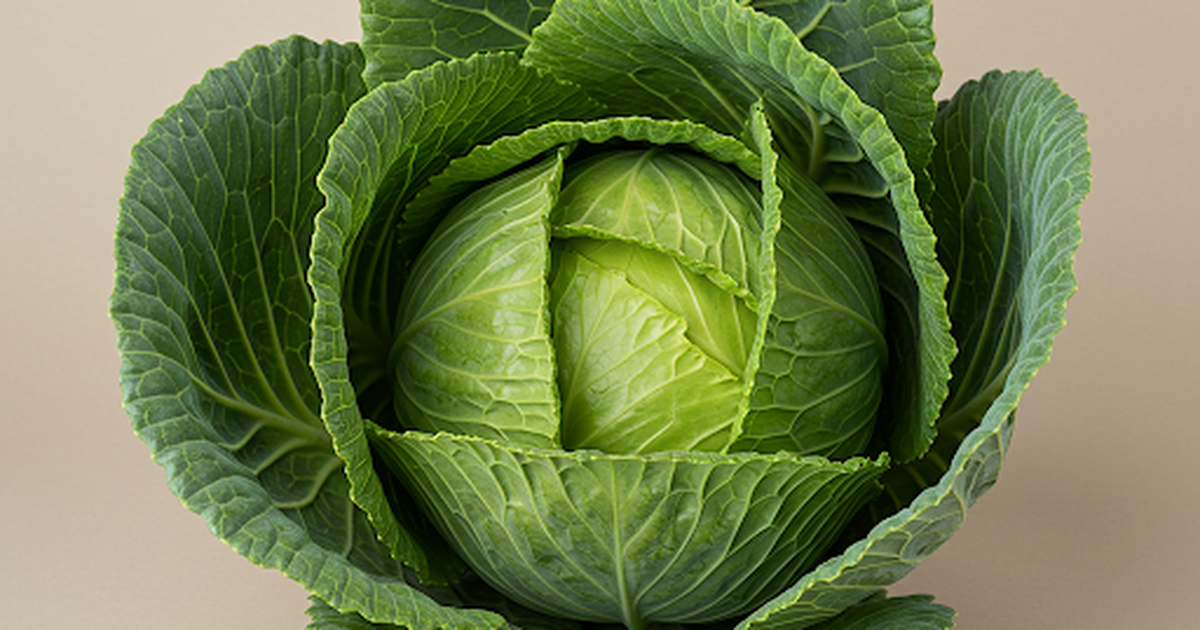
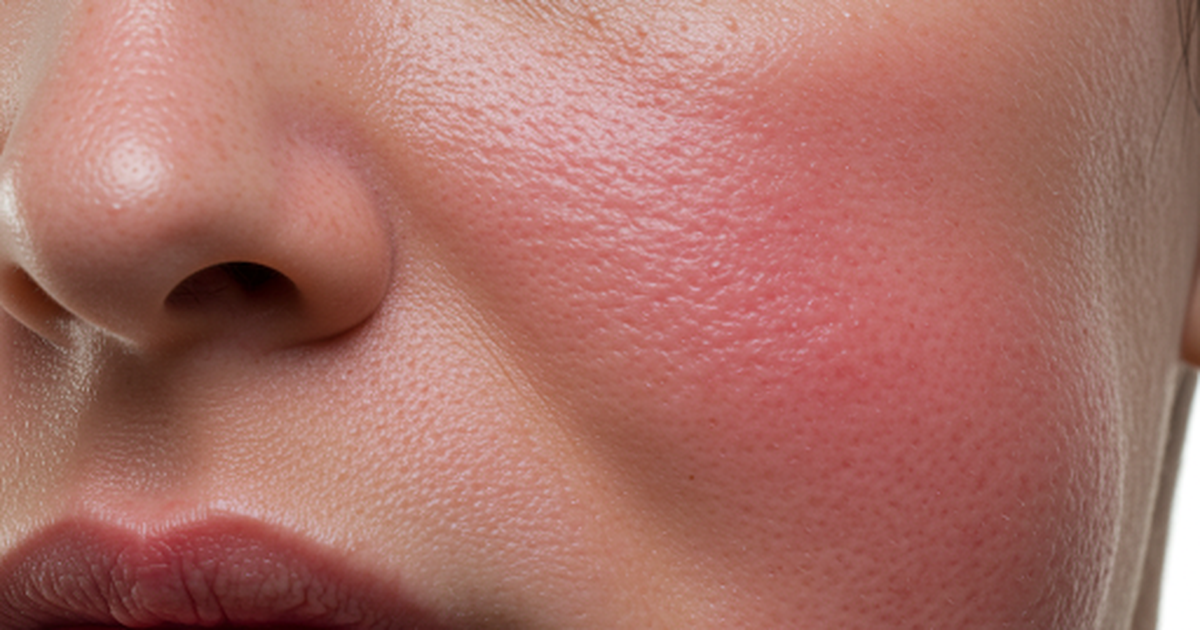



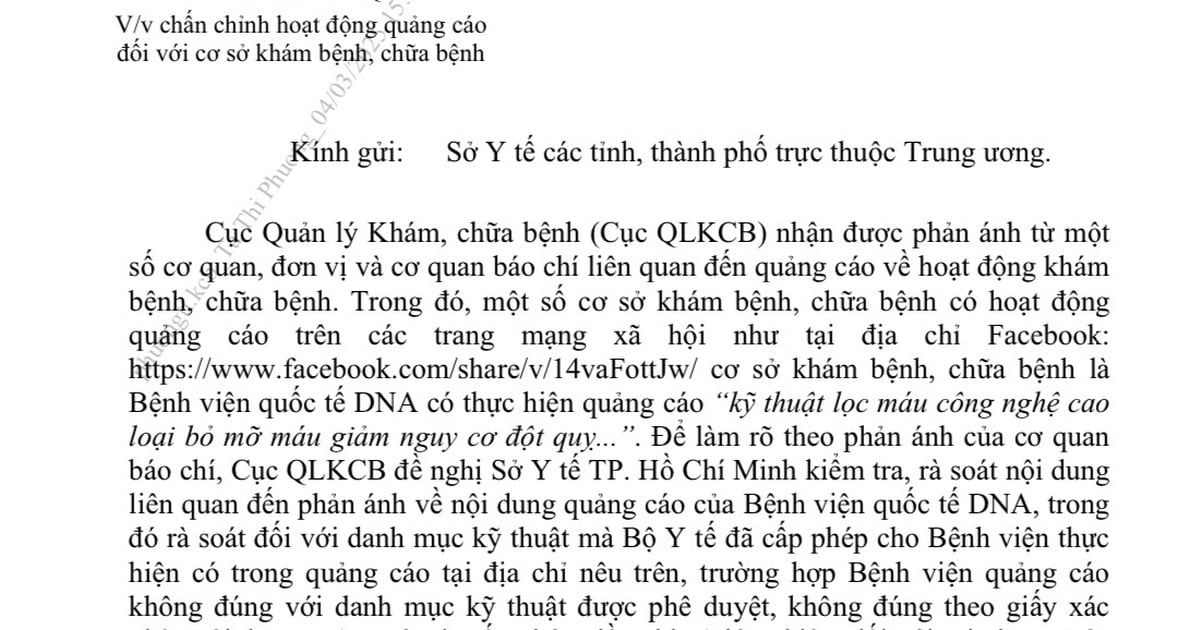






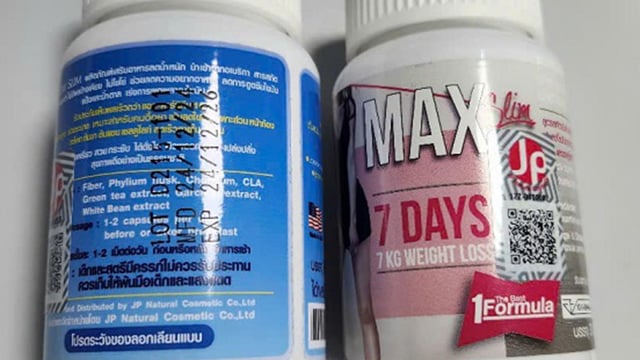










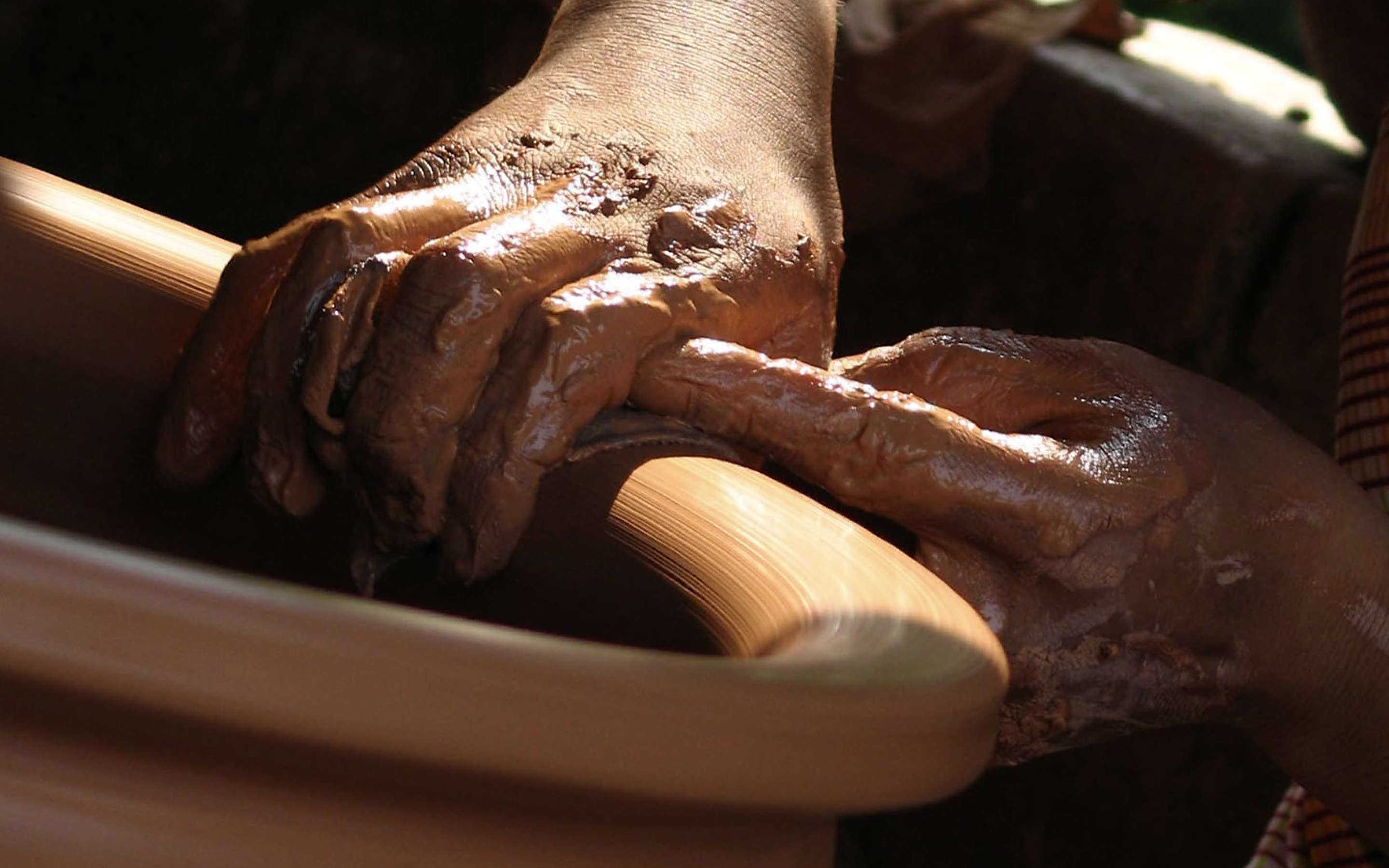


















































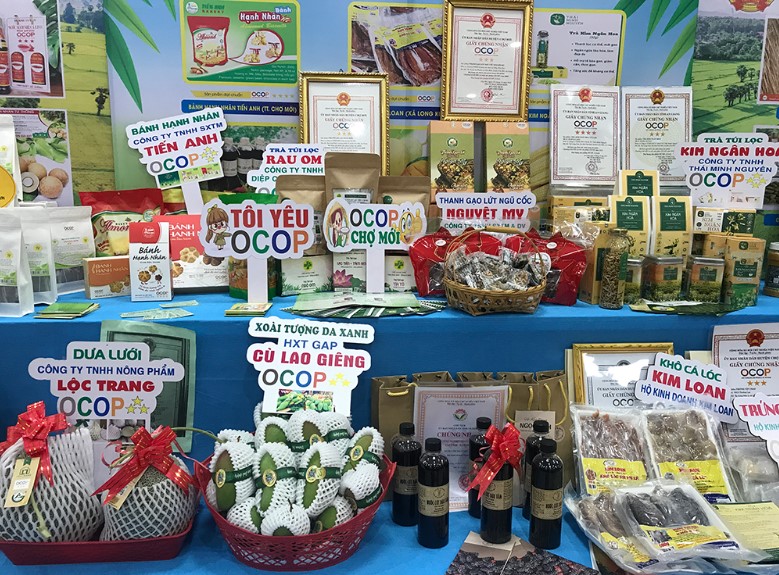



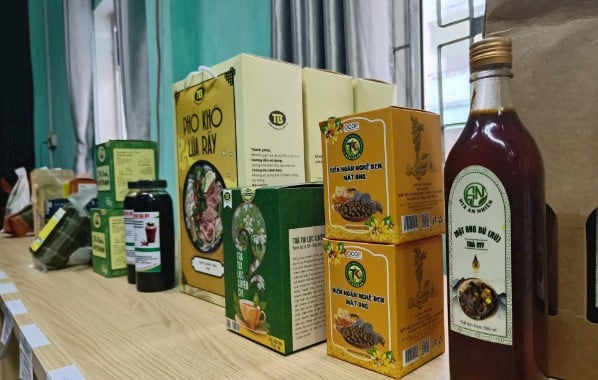




Comment (0)